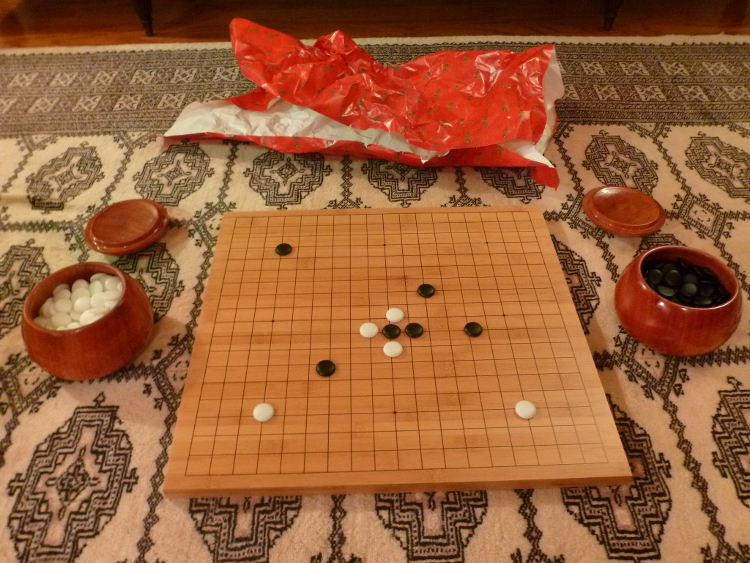 I had just finished giving a presentation on the learning exchange concept at Start Houston for the Houston Lean Startup Circle Meetup Group, when afterward someone came up to me and said it was great timing for this going into the holidays.
I had just finished giving a presentation on the learning exchange concept at Start Houston for the Houston Lean Startup Circle Meetup Group, when afterward someone came up to me and said it was great timing for this going into the holidays.
I didn’t really get it at first, but as she continued with her analogy, it became evident how appropriate that statement was. It’s just that I was so used to talking about learning exchange year-round that I hadn’t thought to see the connection.
What she was referring to was how I closed my talk. I emphasized something that people who use LRNGO already know: when you practice the learning exchange concept to learn, you can’t help but get better at teaching.
Either you get better at teaching and helping others, or no one wants to trade with you—and as they continue doing this, often people begin to see the world differently.
When they meet other people, questions like “What do you do?” and “What service do you provide?” start to become “What do you know?” and “What can I learn from you?”
Eventually, we stop seeing people in terms of what they do, and instead start seeing them in terms of what they know. It’s a complete re-thinking of social economics.
But what really invoked the holiday spirit for her was the dynamic of the exchange itself.
Do you see the connection?
In a learning exchange, teaching and learning (giving and receiving) are completely dependent on each other. You can’t do one without also doing the other.
No matter what religion you believe or which holiday you celebrate, I doubt you receive without giving.
Even if it were possible to receive without giving in return, imagine how hollow it would seem.
You would only be participating in half of the system, and would never benefit from the results that giving brings.
Partly as a result of that conversation, the team and I are now making plans to change the user terminology and graphics on LRNGO from the keyword “Trade” to “Exchange.”
Learning is a gift, and as with the exchange of gifts, the “exchange” of learning is a more appropriate term than Trade or Barter, which simply insinuates an item or a service.
We’re looking forward to making this update along with many others, and adding a lot of exciting new features soon in 2014.
As we close out the year with users in over 200 countries, here’s wishing everyone a Happy Holiday Season. May we all celebrate worldwide the exchange of giving and receiving together.
